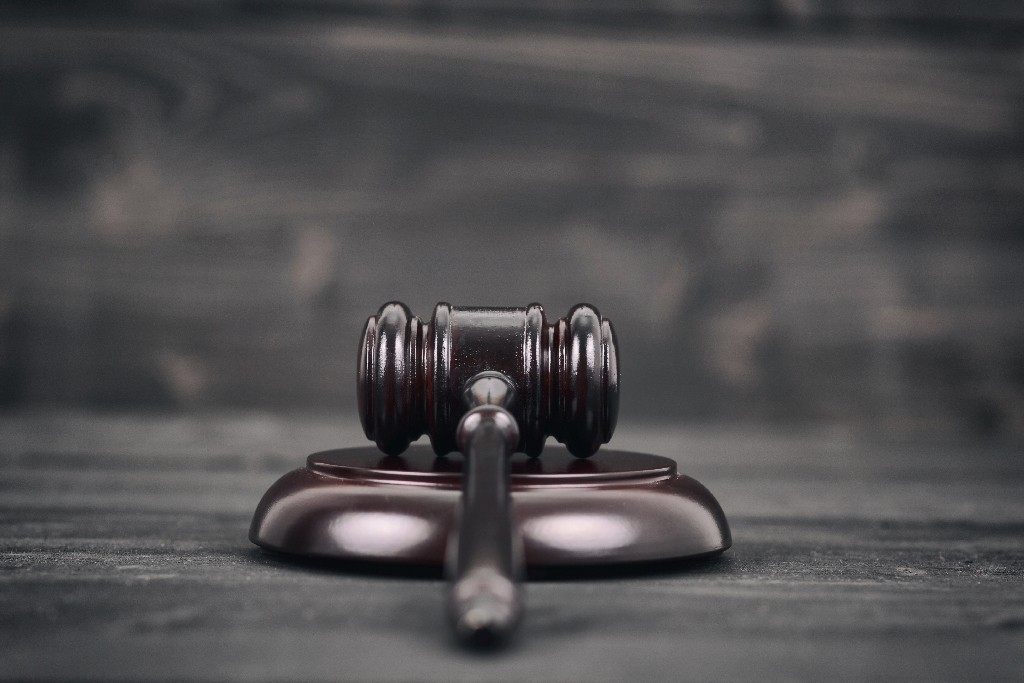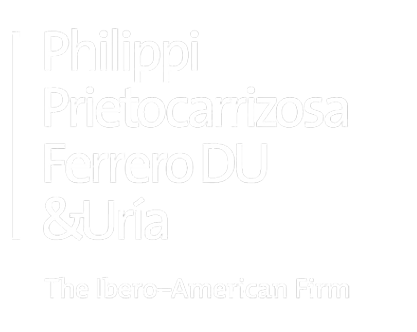Law No. 31740 has increased to 40 the number of crimes that can generate criminal liability in the company:
- Crime of parallel accounting (art. 199 of the CP.).
- Crimes against cultural property and the paleontological heritage of Peru (arts. 226 and 228 of the CP.).
- Crime of simple and aggravated collusion (art. 384 of the CP.).
- Generic active bribery crime (art. 397 of the CP.).
- Crime of active transnational bribery (art. 397-A of the CP.).
- Crime of specific active bribery (art. 398 of the CP.).
- Crime of influence peddling (art. 400 of the CP.).
- Crimes of Money Laundering (arts. 1, 2, 3, 4, 5 and 6 of Legislative Decree No. 1106).
- Customs crimes in their different modalities (arts. 1, 2, 3, 4, 5, 6, 7, 8 and 10 of Law No. 28008).
- Tax Offenses (arts. 1, 2, 4, 5, 5-A, 5-B, 5-C and 5-D of Legislative Decree No. 813).
- Crimes of Terrorism (arts. 2, 3, 4, 4-A, 5, 6, 6-A, 6-B and 8 of Decree Law No. 25475).
Main changes to Law 30424
Beyond the incorporation of the crimes already mentioned, the main modifications that have been made to Law 30424 are the following.
- The causes that exempt a company from criminal liability were modified. Before, if the company had an effective Crime Prevention Model, it could be exempted from criminal liability, even when the crime was committed by one of its representatives. Now, when the crime is committed by a representative with control capacity, the Crime Prevention Model can only mitigate the company’s criminal liability.
- The minimum elements of the Crime Prevention Model were modified, replacing the Risk Identification, Assessment and Mitigation policies and procedures, with identified risk mitigation actions.
- The probative value of the Report of the Superintendence of the Stock Market was modified. Before, if this Report concluded that the Crime Prevention Model was adequate, the Prosecutor’s Office had to close the investigation. Now, the Report will only have the status of institutional expertise and must be evaluated by the Prosecutor’s Office or by the Criminal Judge.
- The criteria for judicial determination of the penalty of a fine against companies have been modified. Before, this was determined between 10 to 10,000 UIT, but taking into account the amount of annual income of the legal entity, which could range from 150 UIT to more than 1,700 UIT. Now, these determination criteria have been eliminated, since the Criminal Judge should no longer consider the annual income of a company.
- The object of Law No. 30424 is modified, indicating that the sanctions provided for in it will be applicable to those companies that commit the crimes indicated in its art. 1st. Likewise, when the company commits another crime that is not included in its art. 1°, some accessory consequence of art. 105° of the Penal Code.
- The art was modified. 17th no. 4 of Law No. 30424, which established that when a crime was committed by a natural person through fraudulent avoidance of the company’s Crime Prevention Model, it would not have criminal liability. Now, said criminal liability exemption clause has been removed from the legal text.
- It has been introduced that in State companies or Mixed Economy Companies, the Crime Prevention Model will be exercised independently of the powers of the bodies of the National Control System.
- It has been introduced that when a legal person is foreign and carries out or develops activities in the national territory, directly or indirectly, regardless of the corporate, contractual or business modality, it will be criminally liable in the event of committing any of the crimes included in this Law.









